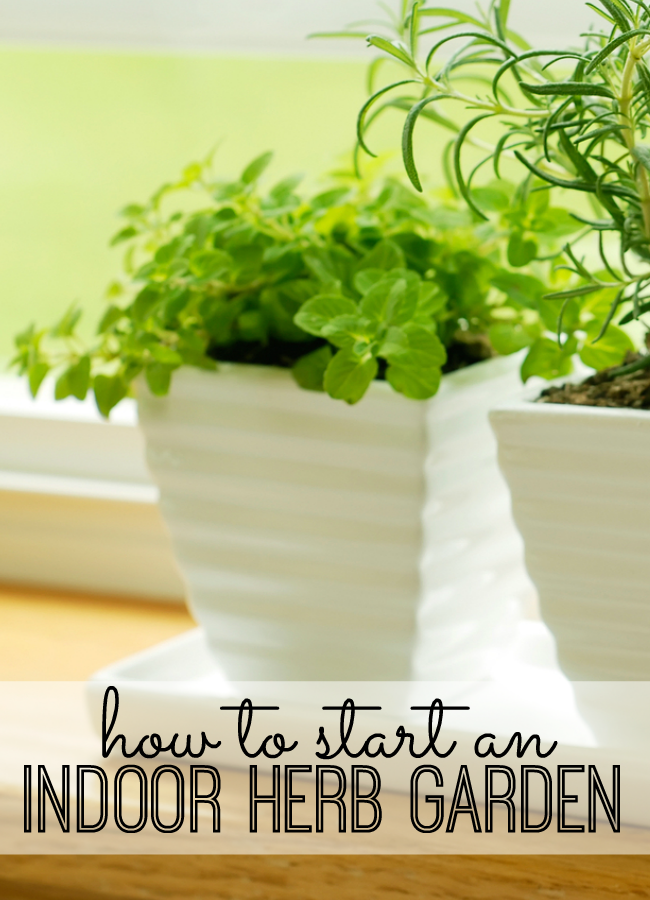Master the Art of Growing Herbs Indoors All Year Round

Master the Art of Growing Herbs Indoors All Year Round
Growing herbs indoors year-round can be a rewarding and fulfilling experience. With the right techniques and care, you can enjoy fresh herbs throughout the year, adding flavor and aroma to your meals. In this article, we will explore the art of indoor herb cultivation, focusing on perennial herbs that thrive indoors and providing tips for maintaining a healthy herb garden.
Understanding Indoor Herb Cultivation
Indoor herb cultivation is a great way to enjoy fresh herbs without the hassle of outdoor gardening. Unlike annual herbs that need to be replanted every year, perennial herbs can grow and thrive indoors for several years. These herbs are well-suited for indoor environments and can provide a consistent supply of fresh herbs.
Choosing the Right Herbs
When selecting herbs for indoor cultivation, consider the following factors:
Light Requirements
Some herbs need more light than others. For example, basil and parsley thrive in bright, indirect light, while rosemary and thyme prefer more direct sunlight.
Watering Needs
Different herbs have varying water requirements. For instance, mint and cilantro need more water than herbs like sage and oregano.
Space Requirements
Some herbs grow taller than others. For example, dill and fennel need more space than herbs like thyme and basil.
Preparing Your Herb Garden
Before you start growing herbs indoors, prepare your garden by following these steps:
Choose a Container
Select a container that is at least 6 inches deep and has drainage holes. This will help prevent waterlogged soil and root rot.
Select Soil
Use a well-draining potting mix specifically designed for herbs. This will ensure your herbs get the right nutrients and moisture.
Add Nutrients
Add a balanced fertilizer to the soil to provide essential nutrients for your herbs.
Planting and Caring for Your Herbs
Once you have prepared your herb garden, it's time to plant and care for your herbs:
Planting
Plant your herbs in the container, spacing them according to their growth habits. For example, basil and parsley can be planted close together, while taller herbs like dill and fennel should be spaced further apart.
Watering
Water your herbs regularly, but avoid overwatering. Check the soil moisture by sticking your finger into the soil. If it feels dry, it's time to water.
Pruning
Prune your herbs regularly to encourage bushy growth and prevent them from becoming leggy. This will also help keep your herbs looking neat and tidy.
Fertilizing
Fertilize your herbs every 2-3 weeks during the growing season. Use a balanced fertilizer specifically designed for herbs.
Tips for Maintaining a Healthy Herb Garden
To ensure your herb garden thrives indoors, follow these tips:
Monitor Temperature
Keep your herb garden in a warm spot with temperatures between 65°F and 75°F (18°C to 24°C).
Control Humidity
Maintain a moderate humidity level between 40% and 60%. You can use a humidifier or place your herb garden near a source of moisture.
Avoid Direct Sunlight
Direct sunlight can scorch your herbs. Instead, place them in a spot that receives bright, indirect light.
Rotate Containers
Rotate your containers every few weeks to ensure even growth and prevent any one side from becoming leggy.
Evergreen Herbs for Indoor Cultivation
Some evergreen herbs that thrive indoors include:
Rosemary
This herb is known for its strong flavor and can grow up to 3 feet tall indoors.
Thyme
This herb is a great addition to any herb garden and can grow in a variety of light conditions.
Sage
This herb is known for its medicinal properties and can grow in a variety of soil types.
Oregano
This herb is a staple in many Italian dishes and can grow in a variety of light conditions.
Conclusion
Growing herbs indoors year-round is a rewarding and fulfilling experience. By understanding the right techniques and care, you can enjoy fresh herbs throughout the year. Remember to choose the right herbs, prepare your garden, plant and care for your herbs, and maintain a healthy herb garden. With these tips, you can master the art of growing herbs indoors all year round. For more detailed information on growing herbs indoors, visit Gardening Know How.
FAQs
Q: Can I grow herbs indoors without a window?
A: Yes, you can grow herbs indoors without a window. Use artificial lighting to provide the necessary light for your herbs.
Q: How often should I water my herbs?
A: Water your herbs regularly, but avoid overwatering. Check the soil moisture by sticking your finger into the soil. If it feels dry, it's time to water.
Q: Can I use any type of soil for my herb garden?
A: No, use a well-draining potting mix specifically designed for herbs. This will ensure your herbs get the right nutrients and moisture.
Q: How do I know when to prune my herbs?
A: Prune your herbs regularly to encourage bushy growth and prevent them from becoming leggy. This will also help keep your herbs looking neat and tidy.
Q: Can I grow herbs indoors all year round?
A: Yes, you can grow herbs indoors all year round. Just make sure to provide the necessary light, water, and care for your herbs.
0 Response to " Master the Art of Growing Herbs Indoors All Year Round"
Post a Comment